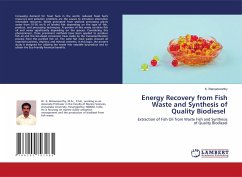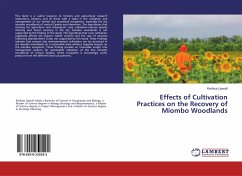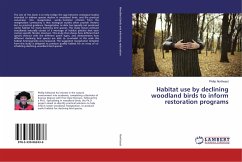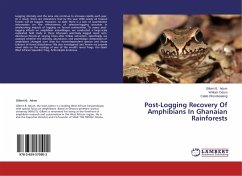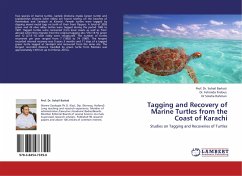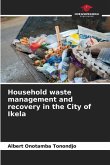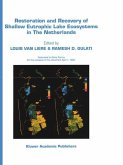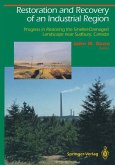Increasing demand for fossil fuels in the world, reduced fossil fuel's resources and pollution problems are the causes to introduce alternative renewable resources. Waste generated from seafood processing plants varies from 10-50 wt.% of landed fish depending on the type of fish, product, and processing techniques. A portion of this waste contains fish oil and varies significantly depending on the species. Considering this phenomenon, three prominent methods have been applied to produce fish oil and the bio-diesel conversion have made by the transesterification process from the purified fish oil. The solid fish meal waste showed all essential nutrients, vitamins, and mineral contents. In this logic, the present study is designed for utilizing the waste into valuable by-product and to obtain the Eco-friendly financial benefits.
Hinweis: Dieser Artikel kann nur an eine deutsche Lieferadresse ausgeliefert werden.
Hinweis: Dieser Artikel kann nur an eine deutsche Lieferadresse ausgeliefert werden.

